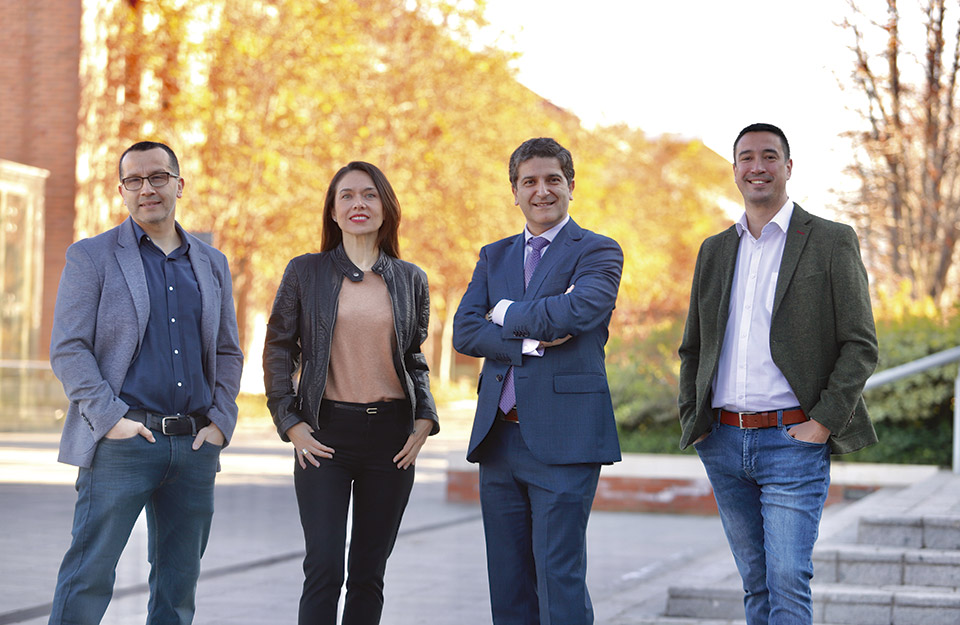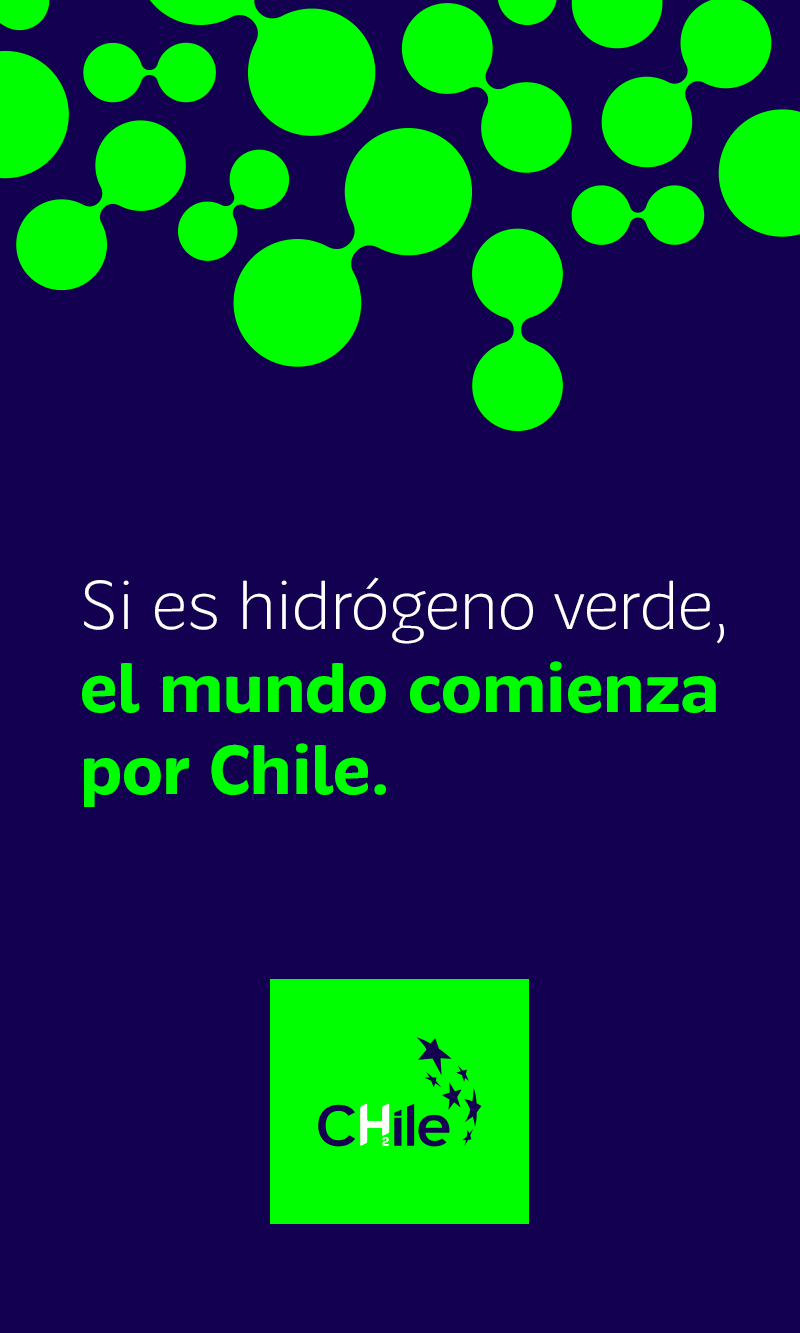
The Chilean company has been recognized with two NASA research funds, and has been named in the global top 5 companies that are impacting the 3D printing materials sector.
Innovation in antimicrobial 3D printing has been in the DNA of the Chilean company Copper3D since its origin in 2018. And today, this global pioneer company joined Marca Chile users, to showcase its innovation from Chile for the whole world.
"We are very proud to be ambassadors of Chilean innovation in the world and we will continue to position Chilean copper as a powerful antimicrobial agent in a global context that increasingly requires this type of materials, designs and solutions that prevent infections and save lives on a global scale," says Copper 3D's director of innovation, Daniel Martínez, who is also part of the Chileans Creating the Future network. network of Chileans creating the futurelaunched by the Fundación Imagen de Chile in April.
Since its creation in 2018 Copper3D has positioned itself as a global pioneer in antimicrobial 3D printing, with a track record that includes being recognized with two NASA research funds, named within the global top 5 companies that are impacting the 3D printing materials sector, and even being mentioned by the World Economic Forum, for their contribution during the beginning of the pandemic in March last year, when they designed, patented and released in Open-Source format the NanoHack mask design, the first reusable antimicrobial mask, 3D printed and that can be downloaded and printed anywhere in the world. Their mask has already been downloaded more than 27 million times in more than 50 countries.

Among the most important projects Copper 3D is working on today is the viral inactivation system for the prevention of mother-to-child transmission of HIV during breastfeeding. This project has already successfully passed a first phase of validation in the microbiology laboratory of the University of Chile and is heading towards its second phase of pre-clinical validation in collaboration with the University of the Andes and Strathmore University in Kenya.
"This is the type of project that perfectly embodies the purpose of our company, which we define as hacking materials to prevent infections and save lives on a global scale," says Copper 3D's director of innovation, Daniel Martinez. "When one understands this type of technology in depth, and with the level of validation it already has internationally, it is a matter of thinking about major global problems and "reverse engineering" those challenges, to then begin to design, prototype and test solutions that could have a tremendous impact on people's health and quality of life," says Martinez.
Copper3D is also working with the University of Liverpool (UK) to validate a similar system for sanitizing water contaminated with bacteria or viruses by circulating it through a structure containing various levels and roughness. This sanitizing bottle, called AquaNano, is a system that would make it possible to obtain drinking water with an undetectable viral and bacterial load in a short time.






